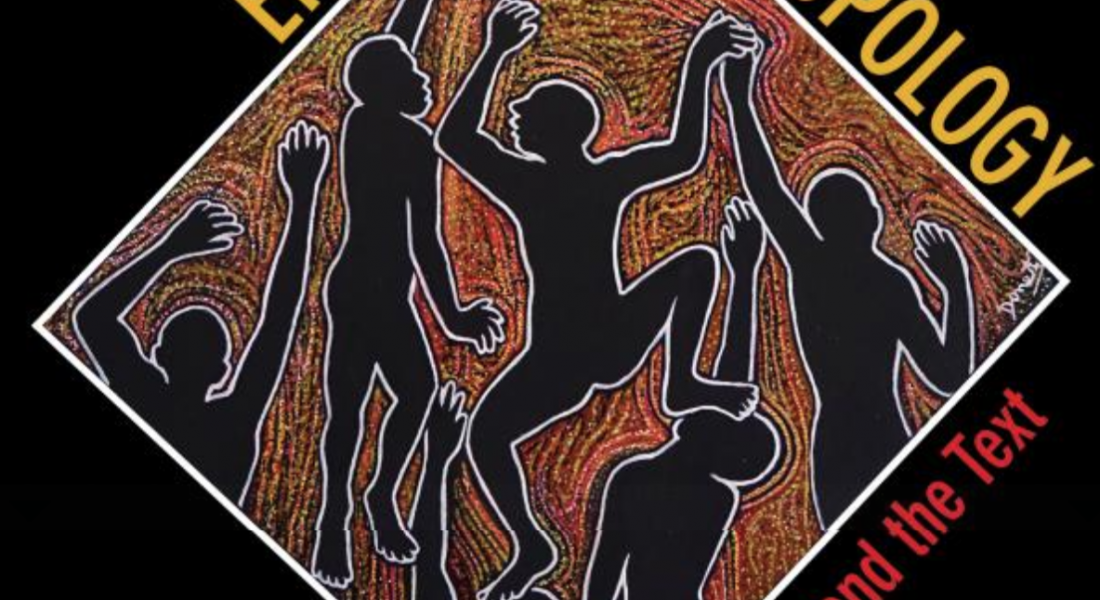
Former Kellogg Institute Visiting Fellow Stuart Kirsch is the author of a new book that argues anthropologists should become more engaged with the world’s problems.
Engaged Anthropology: Politics Beyond the Text (University of California Press, 2018) draws on his experiences working with indigenous peoples during fights over their environment, land rights and sovereignty. He previously took part in a lawsuit against the Australian owners of a mine in Papua New Guinea, where he was conducting research.
Kirsch, a professor at the University of Michigan, worked on the book during his fall 2016 fellowship and said the Kellogg Institute provided a productive and stimulating work environment.
“The conversations and discussions I participated in during my time at the Kellogg Institute for International Studies had an important influence on the text,” he said.
In Engaged Anthropology, Kirsch looks at the politics of engaged research and the role anthropologists play as public intellectuals, expert witnesses, and advocates for marginalized communities.
“His treatment of what has been a taboo subject in political and legal anthropology, the tension between scholarly and activist goals, is handled with a forthrightness that leads to important insight,” said Ron Niezen, author of Public Justice and the Anthropology of Law.
Victoria Tauli-Corpuz, UN Special Rapporteur on the rights of indigenous peoples, said the book is relevant for academics, activists, as well as society at large.
“This book, which emerged from the author's experiences in linking theory with societal transformation, is an important contribution to continuing struggles for social justice, human rights and sustainability,” she added.
In an interview with Faculty Fellow Catherine Bolten last year, Kirsch described himself as an “accidental” engaged anthropologist, citing his work within a community in Papua New Guinea, located downstream from a copper and gold mine that was polluting its river and affecting its food production. He ultimately joined the community’s lawsuit against the mine’s owners.
“I initially saw my involvement in their case as a way to reciprocate for their generosity in sharing their language and culture and daily lives with me, but over time, I also came to recognize that my participation in their protests against the mine and the court case was a form of anthropology,” he said.





